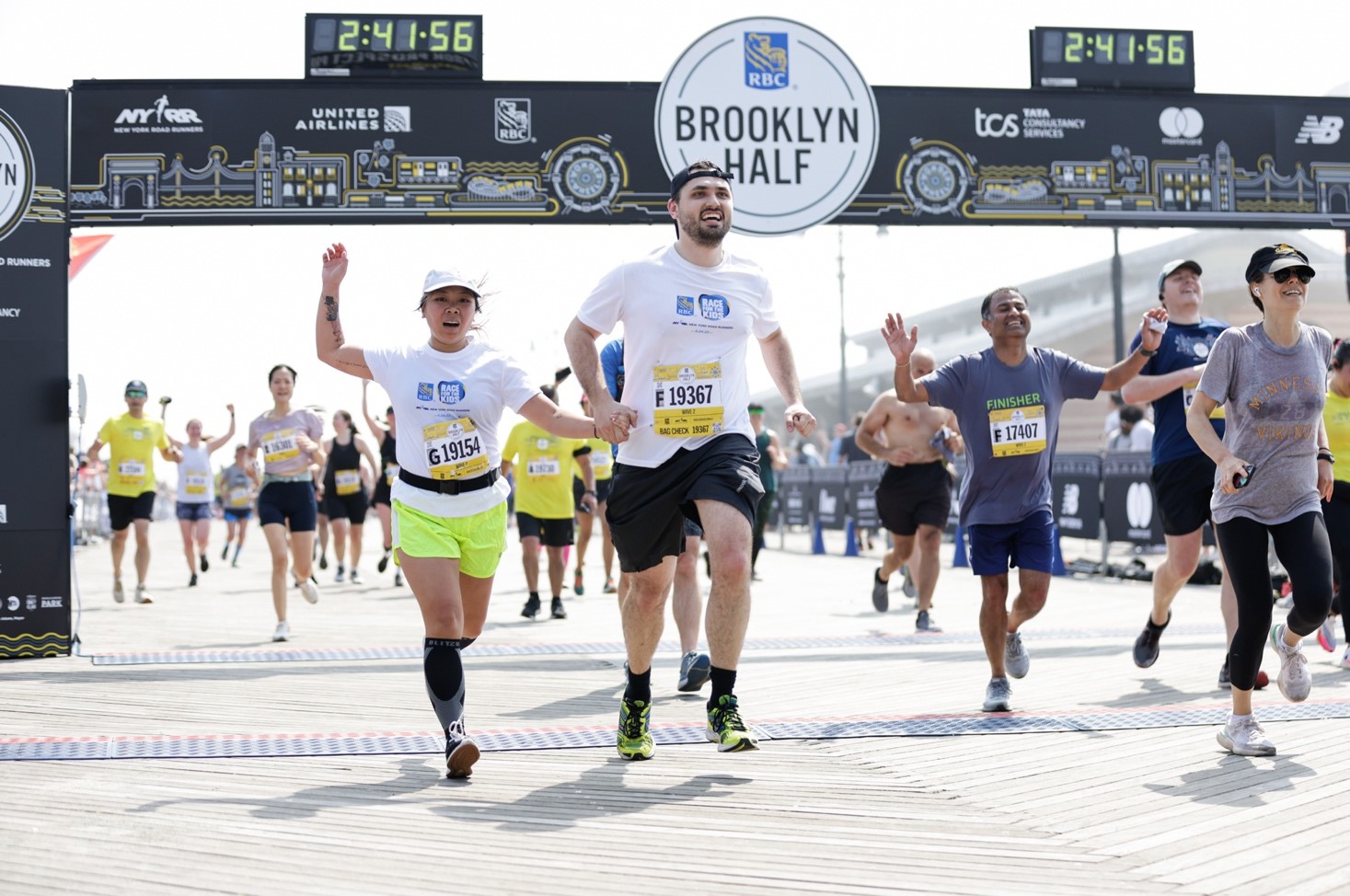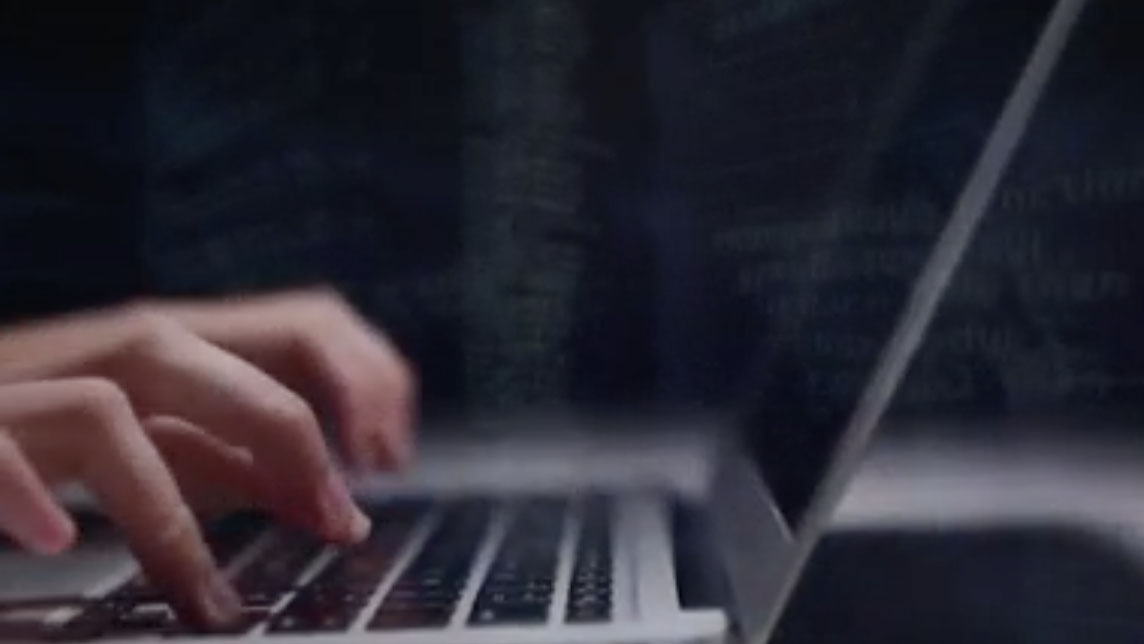Measles was considered eradicated from the U.S. 15 years ago, but new cases that have popped up in New York, New Jersey and elsewhere across the country have revived concern over the highly contagious respiratory disease. Public health experts tell NBC 4 New York's I-Team a difference in the way private and public schools treat unvaccinated children may fuel a potential resurgence.
Measles, caused by a virus, is spread by contact with nasal or throat secretions of infected people. It can lead to serious side effects and, in rare cases, death. More than 150 cases have been documented this year alone in the U.S., officials announced earlier this week. Vaccines, usually first given to children when they are between 12 and 15 months old and followed up with boosters, have proven to lower the risk of exposure and virtually eliminated measles as a national health hazard until large groups of people stopped immunizing their children around the late 1990s.
Many parents don't want to vaccinate their children for religious reasons. In New York, where three recent measles cases have been reported statewide, most public school districts rarely allow religious exemptions to legally mandated vaccination schedules. But some private schools do.
Medical experts say such pockets of unvaccinated kids pose a threat not just to other students, but to the community at large. Such pockets are where widespread outbreaks are likely to start.
"The fact that there are private schools that will allow children, for purported religious reasons to attend if they've not been immunized speaks to some level of irresponsibility on the part of the school itself," said Michael Weitzman, a pediatrics professor at New York University.
Weitzman said a few unvaccinated children within a large group of vaccinated ones are unlikely to spread the disease. But in groups where many children are not vaccinated, the disease can spread quickly and pick up momentum. Measles symptoms usually appear in 10 to 12 days, but can occur as late as 18 days after exposure. Symptoms, including rash, high fever, cough, runny nose and red watery eyes, generally appear in two stages.
Local
Most people who are vaccinated are not at risk of catching the disease, Weitzman said. But a small percentage are resistant to the vaccine. Babies, the elderly and people with compromised immune systems are also at heightened risk.
[[293692881, C]]
To help gauge the risk, the I-Team plotted locations of more than 240 New York-area schools that had 2013-14 vaccination rates below the recommended 95 percent onto a map.
Of the 240 schools charted above, 43 schools had student populations where more than a quarter of the students were unvaccinated last year.
According to the New York City Department of Health and Mental Hygiene, an increasing number of parents have sought exemption from vaccine rules based on religious objections.
In the 2010-11 school year, New York parents asked for 14,059 religious exemptions, according to records obtained by the I-Team. By the 2013-14 school year, the number of religious exemption requests jumped to 17,861, marking a 27 percent increase in three years.
Weitzman said he is skeptical that all families who get religious waivers actually avoid the vaccines for religious reasons.
"I know of only one religion in which there are prohibitions against immunization," he said.
At the Brooklyn Waldorf School in Bushwick, 27 percent of students opted out of the measles vaccine last year for religious reasons. According to a website authored by the Association of Waldorf Schools of North America, Waldorf Schools "are not part of any church. They espouse no particular religious doctrine but are based on a belief that there is a spiritual dimension to the human being and to all of life."
Mary Handerhan, the Business Administrator of the Brooklyn Waldorf School, sent the I-Team an email saying the school "is unequivocally committed to remaining in full compliance with New York State immunization requirements."
Handerhan also pointed out that the school has current signed religious or medical exemptions on file for every student.
"Should an outbreak of a communicable disease occur, we reserve the right to exclude all non-immunized children from school,” she said.
Outside the school on a frigid morning, many parents declined to talk about vaccines. The ones who did speak to the I-Team said they have vaccinated their kids against measles.
Karen Pittman said she had no idea her school’s measles immunization rate was so low.
“I’m surprised. Twenty-first century America. We kind of know what the issues are with children not being vaccinated,” she said.
Other parents were more skeptical of vaccines, even though they did get measles shots for their kids.
"I think overall, the vaccination schedule is a little over the top," said parent Kristen Palazzo.
Ursula Worpole, another parent, said she thinks some vaccines, like the one for the chicken pox, are overrated.
Other parents have expressed concern the measles vaccine could give their children other problems. In recent years, an incorrect study, Internet rumors and celebrities who oppose the shots have contributed to spreading misinformation that vaccines are tied to autism and other developmental issues. Weitzman says there is absolutely no connection.
"There is no evidence, whatsoever that autism is tied to the measles vaccine," he said.



